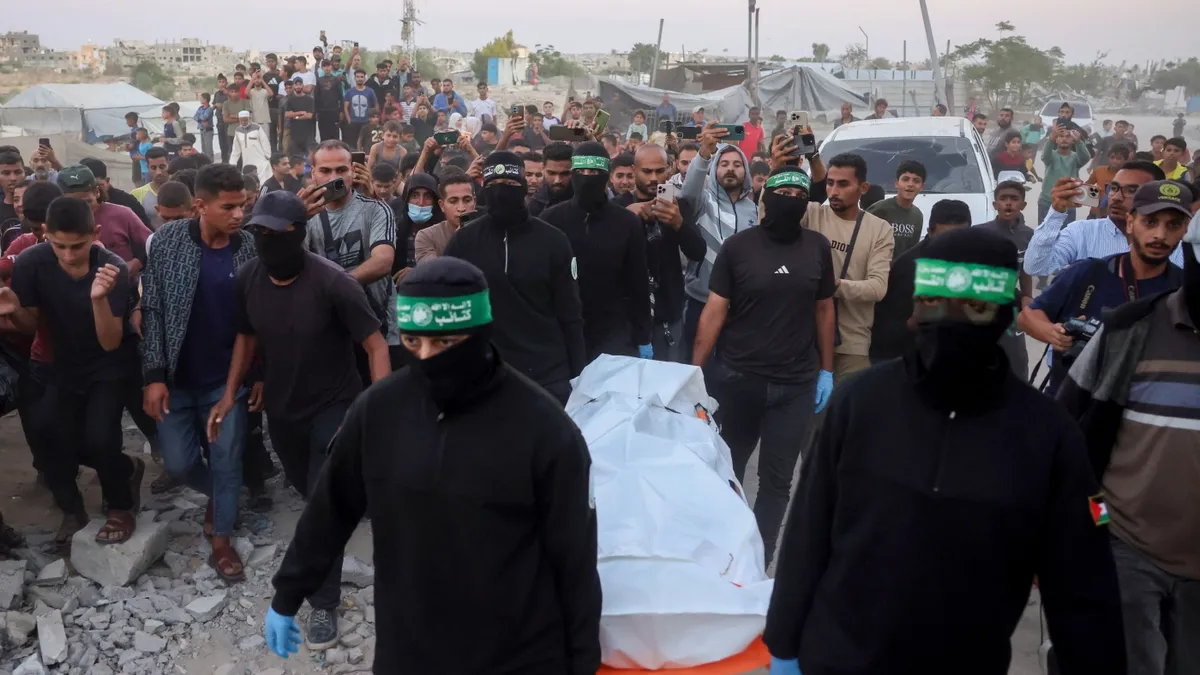
In a significant escalation of tensions, Israeli Prime Minister Benjamin Netanyahu has ordered the military to execute immediate and forceful strikes in the Gaza Strip. This decision poses a serious threat to the ceasefire that was brokered by President Trump less than three weeks ago between Israel and the Palestinian militant group Hamas.
Following urgent security consultations, the Prime Minister's Office released an online statement confirming that Netanyahu directed the Israeli military to initiate these strikes without delay. Shortly thereafter, Gaza's civil defense agency reported that the Israeli attacks had commenced, with the Associated Press documenting tank fire and explosions across various locations in the territory, including Gaza City and Deir al-Balah.
Netanyahu's announcement came after a crucial meeting with senior security ministers, where they deliberated on Israel's response to what it deemed a provocative act by Hamas. The Israeli government accused Hamas of attempting to stage the return of partial remains of a hostage, which the militants were supposed to surrender under the ceasefire agreement. Israel claims to have already located most of the remains during the ongoing conflict.
In a bid to provide evidence, Israel released drone footage purportedly showing Hamas operatives burying a bag containing the remains, allegedly to mislead the International Committee of the Red Cross regarding their discovery. Netanyahu condemned this action as a blatant violation of the U.S.-negotiated ceasefire agreement.
A source familiar with the discussions, who wished to remain anonymous, informed NPR that Netanyahu and his cabinet outlined three potential retaliatory measures against Hamas: reducing humanitarian aid to Gaza, seizing additional areas of the territory, and resuming military operations. These options reflect the Israeli government's strategic considerations in response to the ongoing threats from Hamas.
Just last Sunday, the Israeli military conducted a series of airstrikes in Gaza following the deaths of two Israeli soldiers in Rafah. Those airstrikes resulted in the deaths of at least 26 individuals. Notably, President Trump stated that despite these events, the ceasefire was still operational.
This situation is rapidly evolving, and further updates are expected as the conflict unfolds. The implications of Netanyahu's military orders could have far-reaching consequences not only for Israel and Hamas but also for the broader peace efforts in the region.